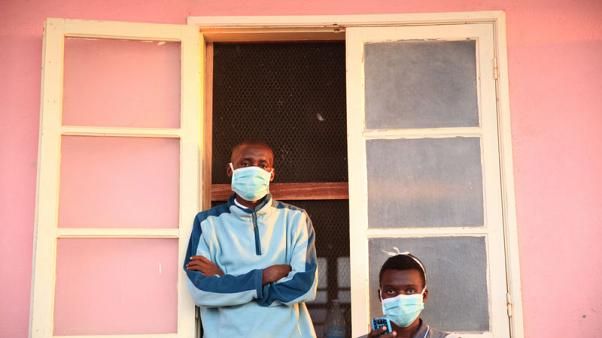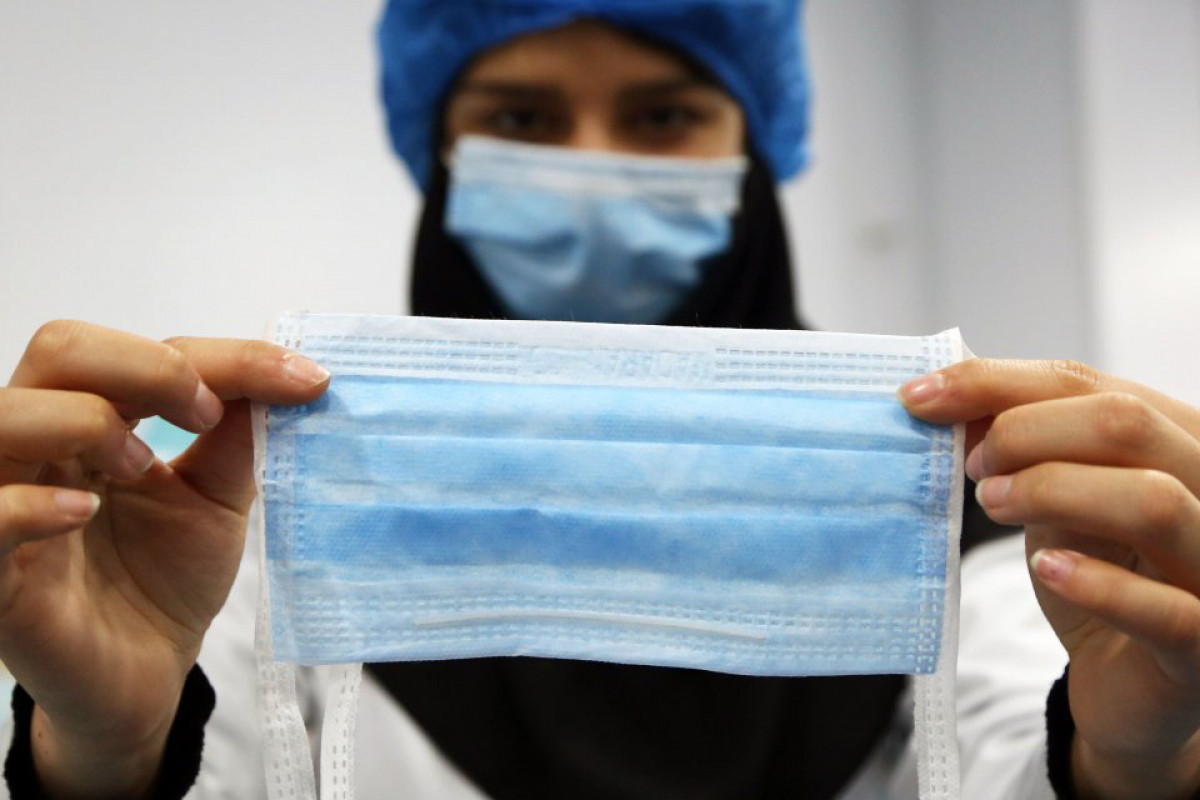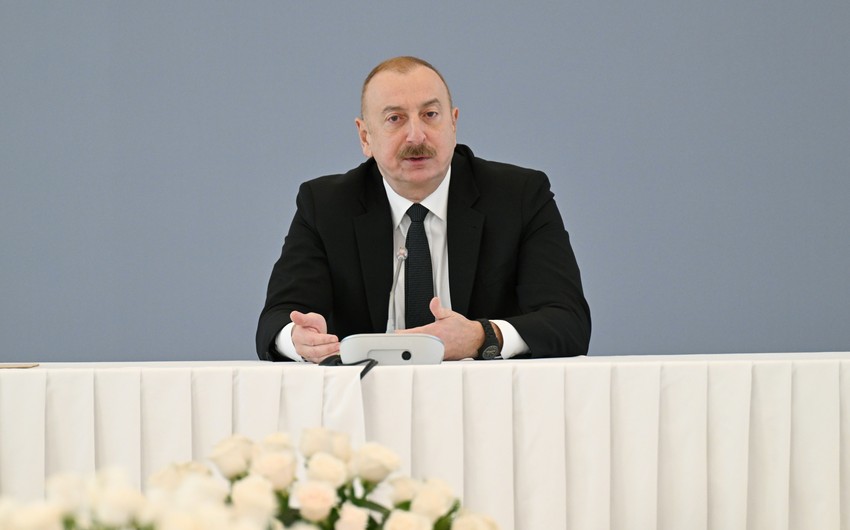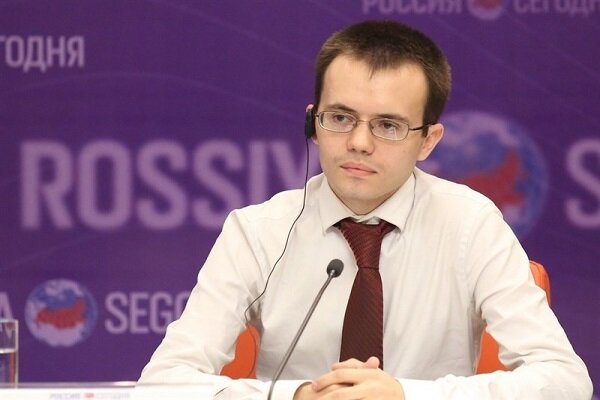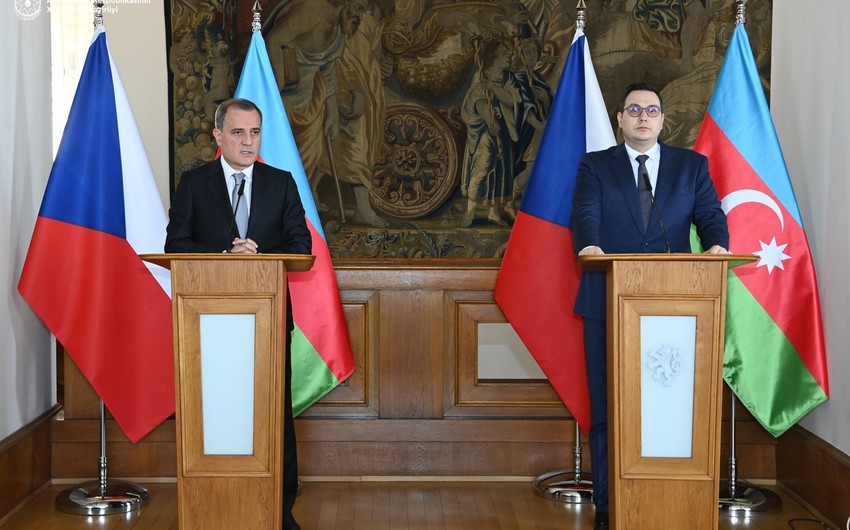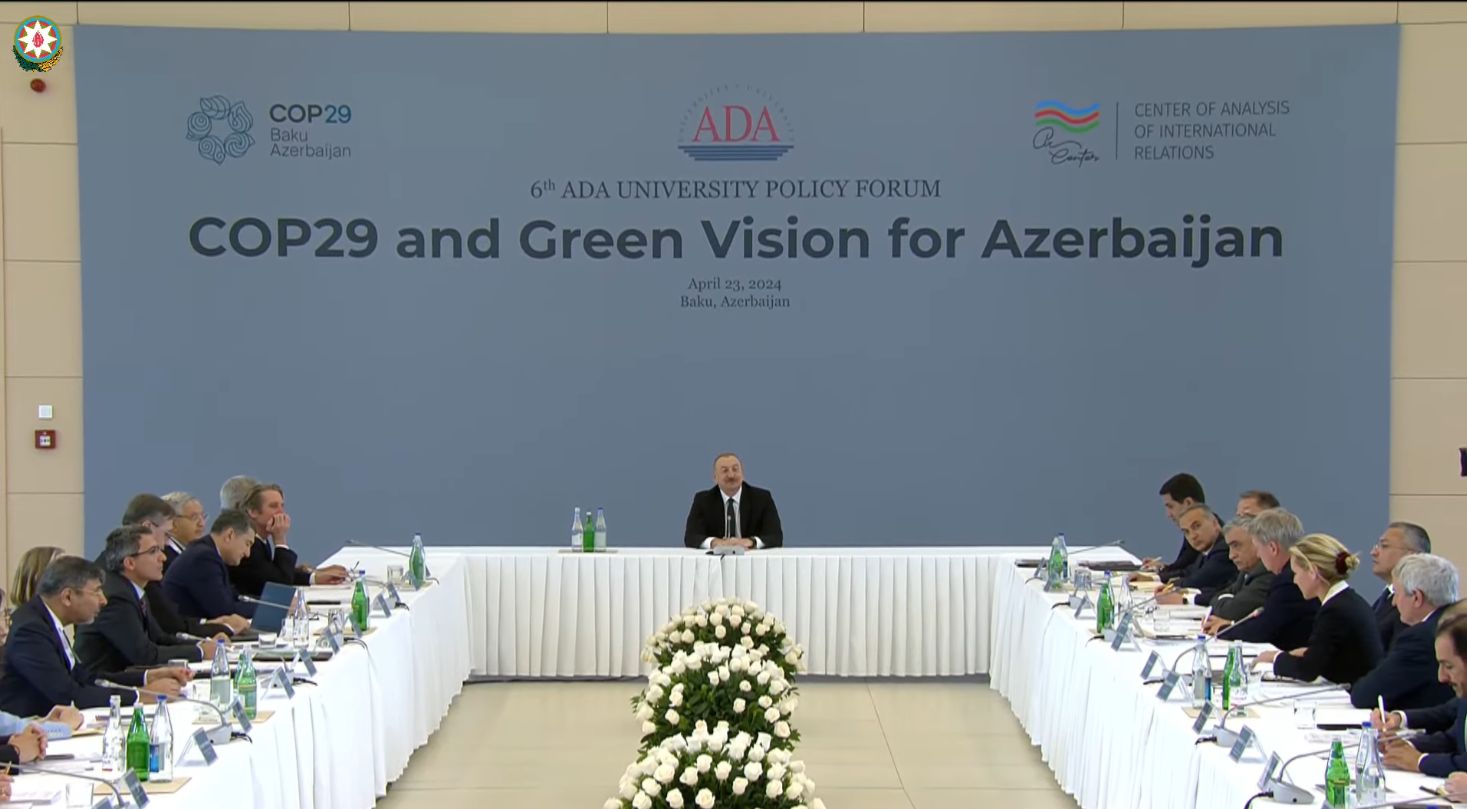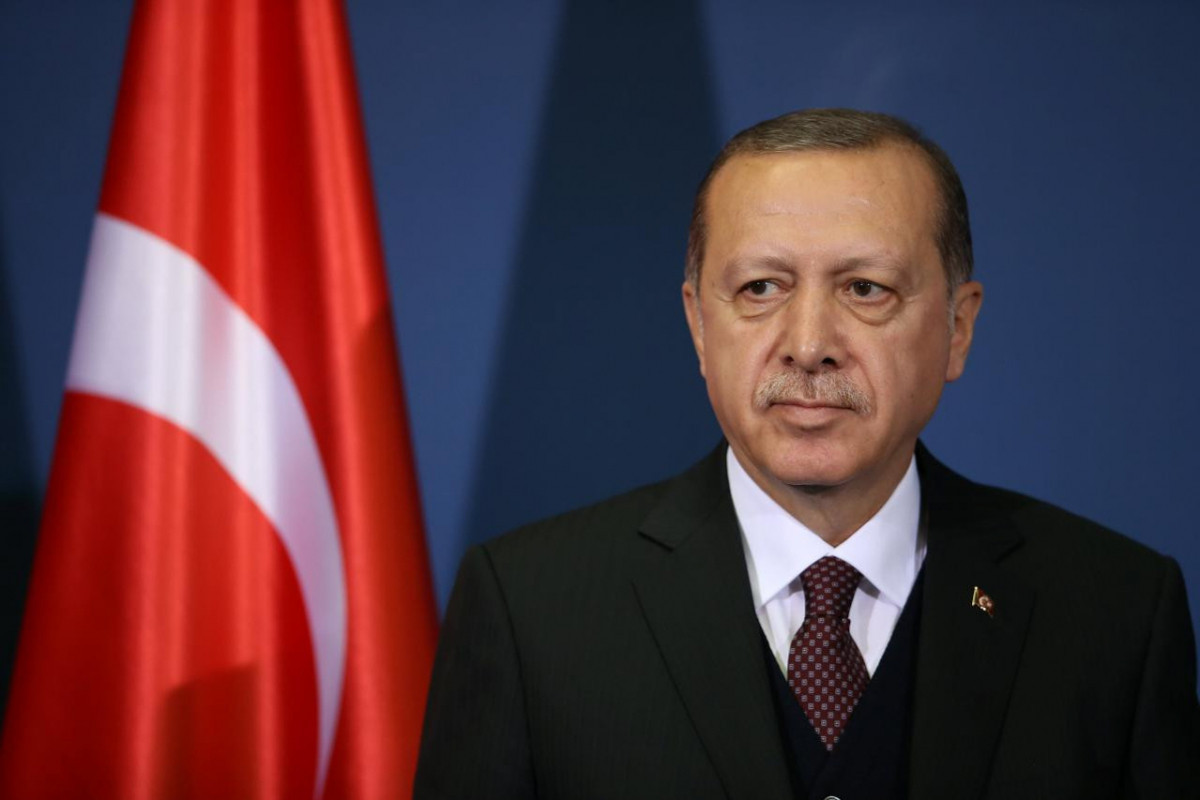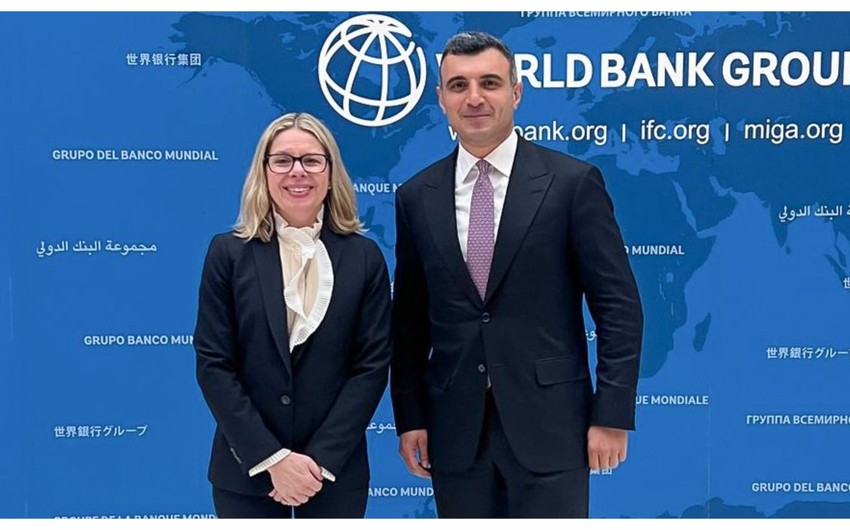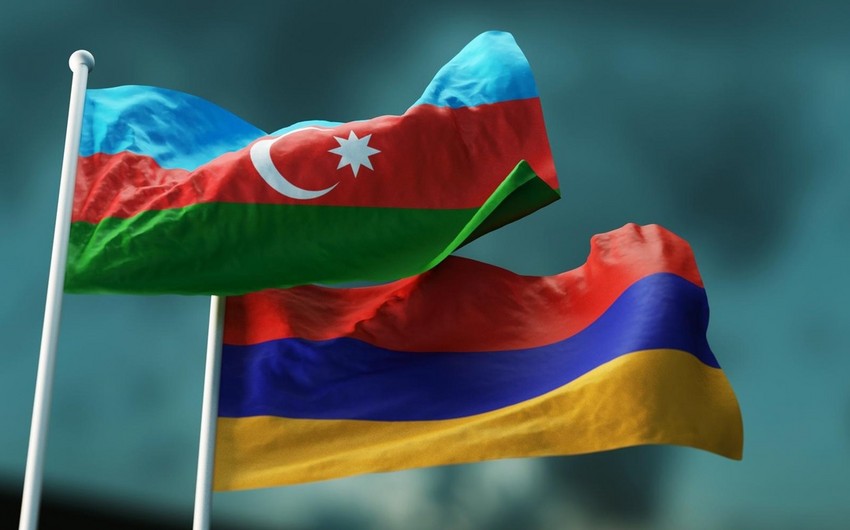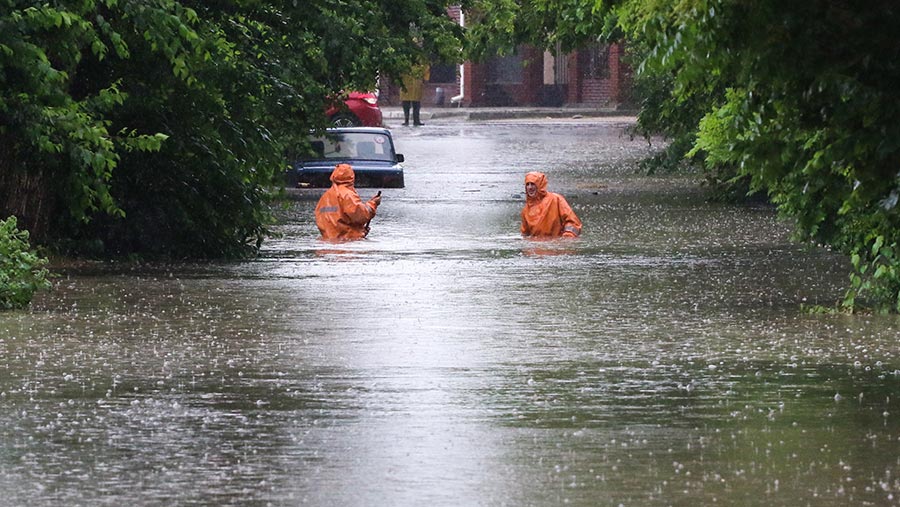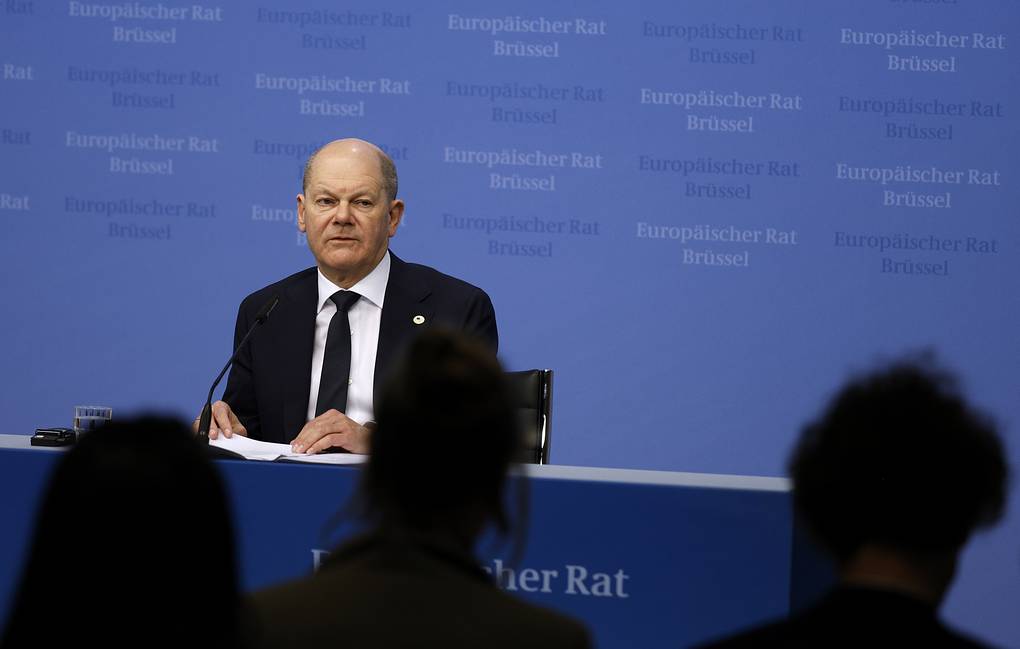Apart from a few packs of medicine and plastic jars, the shelves at the Okanautoni health centre in southern Angola are bare and lack basic drugs for saving lives.
Hours from the nearest town in Cunene province, the clinic has no first-line tuberculosis drugs, no antiretrovirals for HIV, no general antibiotics and just three anti-malarial pills.
Okanautoni is remote but the provincial director for health says clinics without drugs are no exception. “The public health system is losing credibility,” said Mendes Esteves at his office in the sleepy provincial capital Ondjiva.
João Lourenço, Angola’s first new president in 38 years, has vowed to tackle corruption, attract foreign investment and improve public services such as healthcare, which the government acknowledges suffers from a lack of doctors and medication.
Crippled by 27 years of civil war, healthcare improved after the conflict ended in 2002 as the oil-fuelled economy surged and new hospitals and clinics were built. But experts say the country failed to develop a robust system for buying and distributing medicines, or training doctors and nurses.
When the price of oil tumbled in 2014, the economy stalled and the government slashed spending, exposing cracks in the public health service and leaving the population at risk.
Diseases that should be disappearing after more than 15 years of peace are spreading. Tuberculosis has been declining worldwide but in Angola the incidence of TB rose 16 percent from 2002 to 2016, according to the World Health Organization (WHO).
Angola suffered the world’s worst yellow fever epidemic in a generation in 2016 with about 4,000 suspected cases and 380 deaths, and the country is now in the grip of a malaria outbreak with more than 300,000 cases so far this year.
International health workers say the country is leaving itself open to further outbreaks, with some warning of cholera spreading from neighbouring Democratic Republic of Congo and others of a potentially devastating epidemic like ebola – a strain of which struck Angola in 2005.
In 2018, the government committed 4 percent of government expenditure to health, down from 4.3 percent in 2017. By comparison, South Africa spent about 14 percent on health in 2015 and Kenya 6 percent, according to WHO data.
‘NEVER ENOUGH’
At the clinic in Okanautoni, plastic gloves, syringes and disinfectant are in short supply. There’s no running water and the only electricity is from a generator that runs sporadically.
At night, births are guided by the light of a cell phone. If something goes wrong, patients are driven for two hours down bumpy bush tracks to the nearest hospitals in Chiulo or Xangongo – where conditions too can be precarious.
“We ask for medicine but they don’t send us anything,” said nurse Penitencia Goreti, 33, who said she had repeatedly asked for fresh stock from the municipal government.
“The situation is getting worse,” she said, as a child, blurry-eyed with malaria, lay on the floor nearby.
Provincial health director Esteves said the sick were starting to shun health centres because they didn’t expect them to have any medicine. He said he hoped a batch of first-line TB drugs would come in the next few months, but deliveries had failed to show up before. “We will see,” he said with a sigh.
Nearly 1,000 km away in the capital Luanda, ranked the most expensive city in the world for expatriate workers and home to a luxury-loving Angolan elite, public hospitals are similarly stretched.
At Cacuaco hospital on the capital’s outskirts, two doctors see 400 to 700 patients per day. The hospital suffers power outages, there is no functioning X-ray machine and only the most basic medication. Anti-malarial drugs frequently run out.
“We just have so many cases, it’s never enough,” one nurse said as hundreds waited in the humid heat under broken fans.
Poorer residents in Luanda frequently say they have to pay for medication that should be free at public hospitals. The cost means patients often cut their treatment short, increasing the risk of resistant strains developing.
The Ministry of Health did not respond to requests for comment on the state of the healthcare system. It provided data showing 304,410 cases of malaria had been reported in Angola between Jan. and Feb. 4, with 984 deaths.
After a tour of the northern Zaire province, Health Minister Silvia Lutucuta, said the lack of drugs was being addressed.
“We can’t come here and affirm that we have resolved all the medication problems, but the basics and essentials for the functioning of centres is there,” local media quoted her saying.
RED TAPE AND DELAYS
However, senior medical professionals working in the system said the situation had got worse since Lourenço’s new government was appointed. They described severe delays in decision-making and project approvals since Lutucuta took charge in October.
They said the response to the malaria outbreak had been hamstrung by increased red tape, which slowed the distribution of preventative measures such as mosquito nets.
Most sources spoke on condition of anonymity due to the sensitivity of the issues.
They described flaws in the way drugs, that are not supplied by international agencies, are procured and distributed.
Sources said purchases at the local level were not in enough bulk to secure competitive prices while the central procurement system, known as CECOMA, lacked the information and budget to keep the system fully supplied. Drugs also often go missing, they said.
According to one former government source, the Ministry of Health has estimated that half the drugs it buys do not reach their intended destination.
In the one-road town of Chiulo, Cunene, basic medication regularly runs out at the hospital. While Reuters visited wards the last tablets of a vital antibiotic were handed out.
The hospital struggles without mains electricity and has a generator that cuts out at 11 p.m. Water is pumped from a dry river bed but ageing equipment often fails.
Chiulo receives assistance from the Italian charity Medici con L’Africa (CUAMM), which has worked there since 2000. Laura Villosio, a wiry indefatigable doctor from northern Italy, said the water and drugs situation had deteriorated since she first worked in Chiulo a decade ago.
In July, the hospital diagnosed cases of multi-drug-resistant tuberculosis but medication to treat it did not arrive until four months later, despite increasingly desperate requests.
For such emergencies, the hospital is supposed to have a small budget of its own to buy drugs, but clinical director Ivo Makonga described the money as a “fiction”.
Payment, which is centrally controlled in Luanda, takes more than eight months to be processed, if at all, meaning suppliers increasingly refuse to accept orders, Makonga said.
The lack of drugs means Emilio Txikussa faces a bleak future. Five years old, he weighs just over 10 kg, his eyes sunken and belly swollen with severe malnutrition.
He also has HIV and tuberculosis.
For now, the doctor is pleased that he has put on 300 grammes after three days on therapeutic milk. With a big smile she asks if he is feeling better. Beaming, she asks again.

